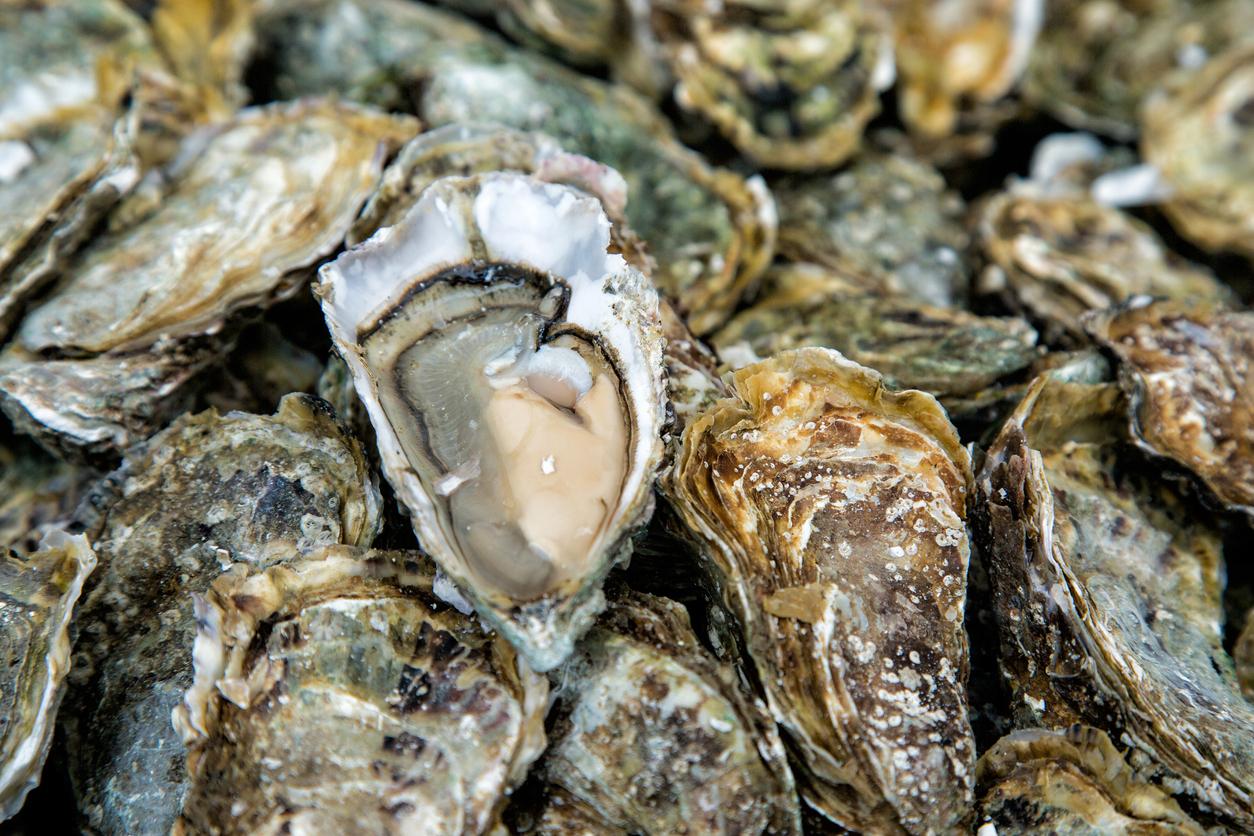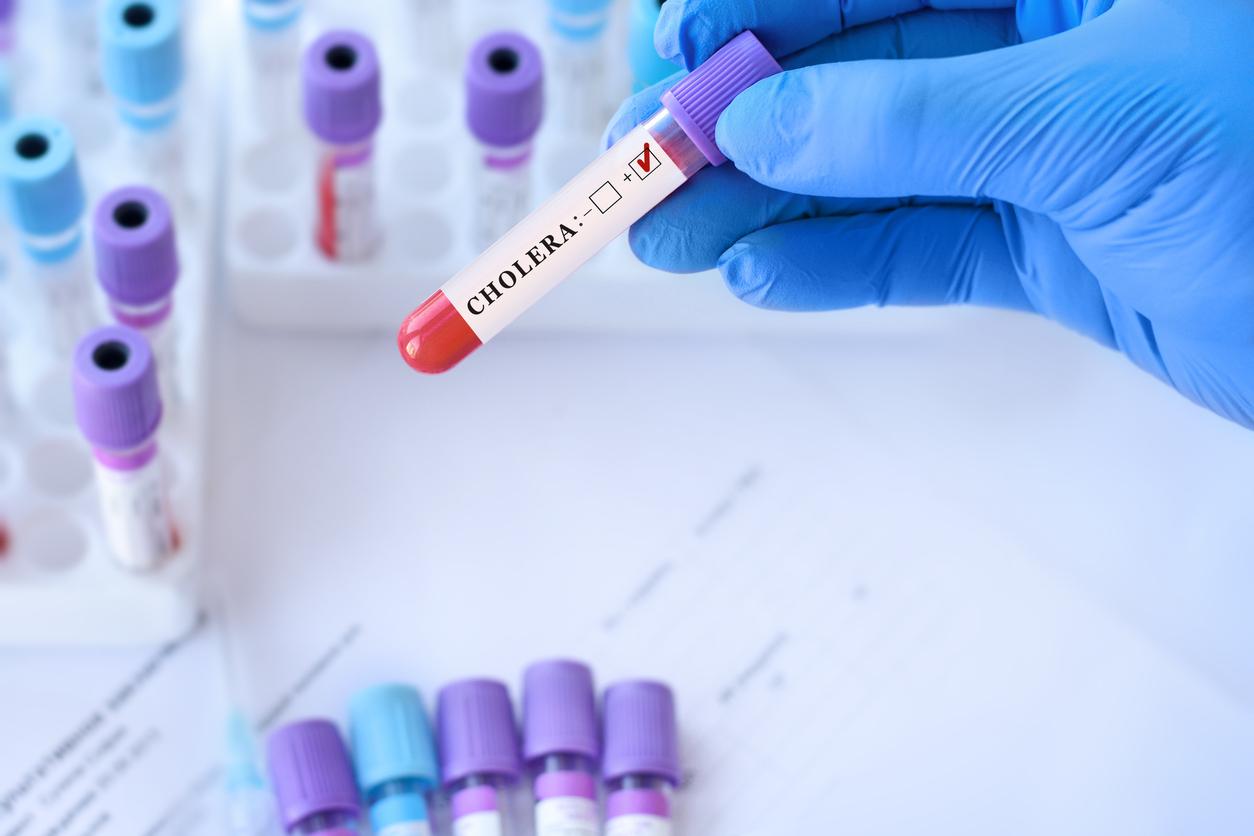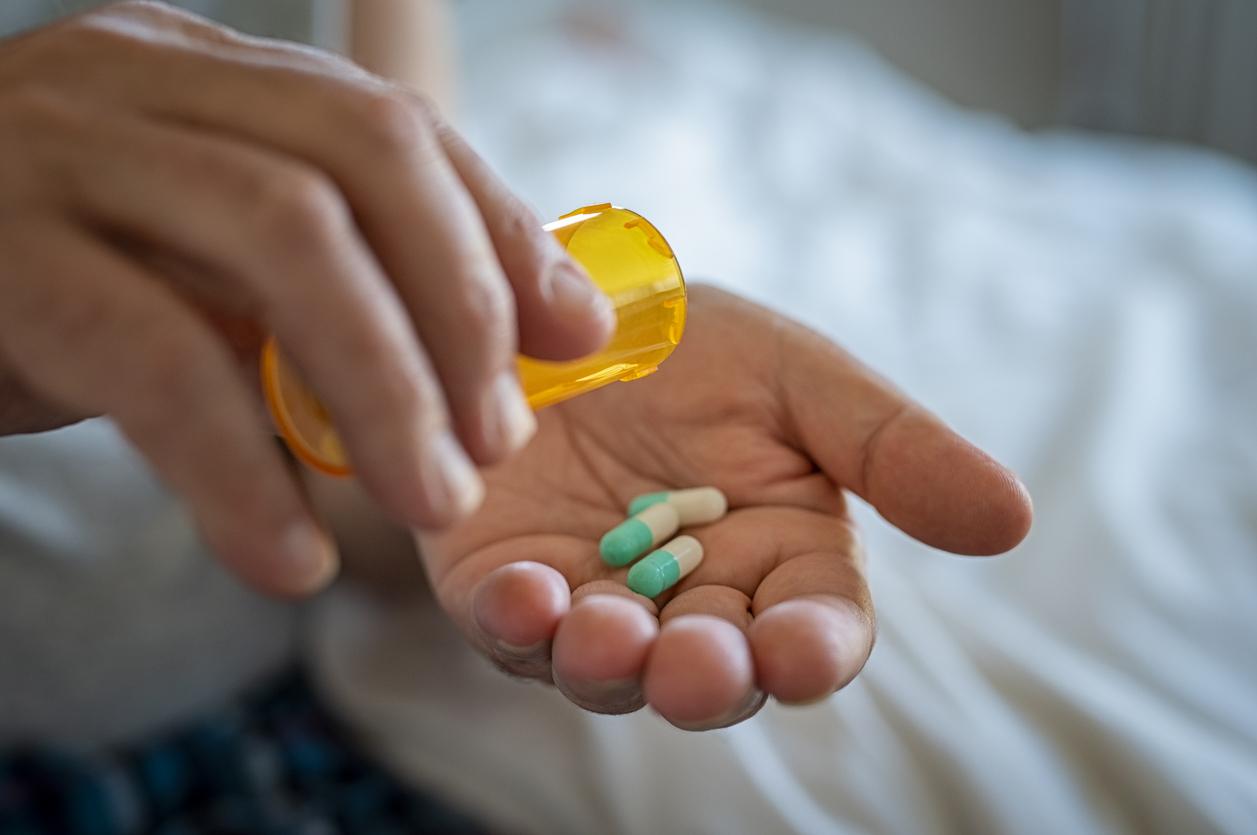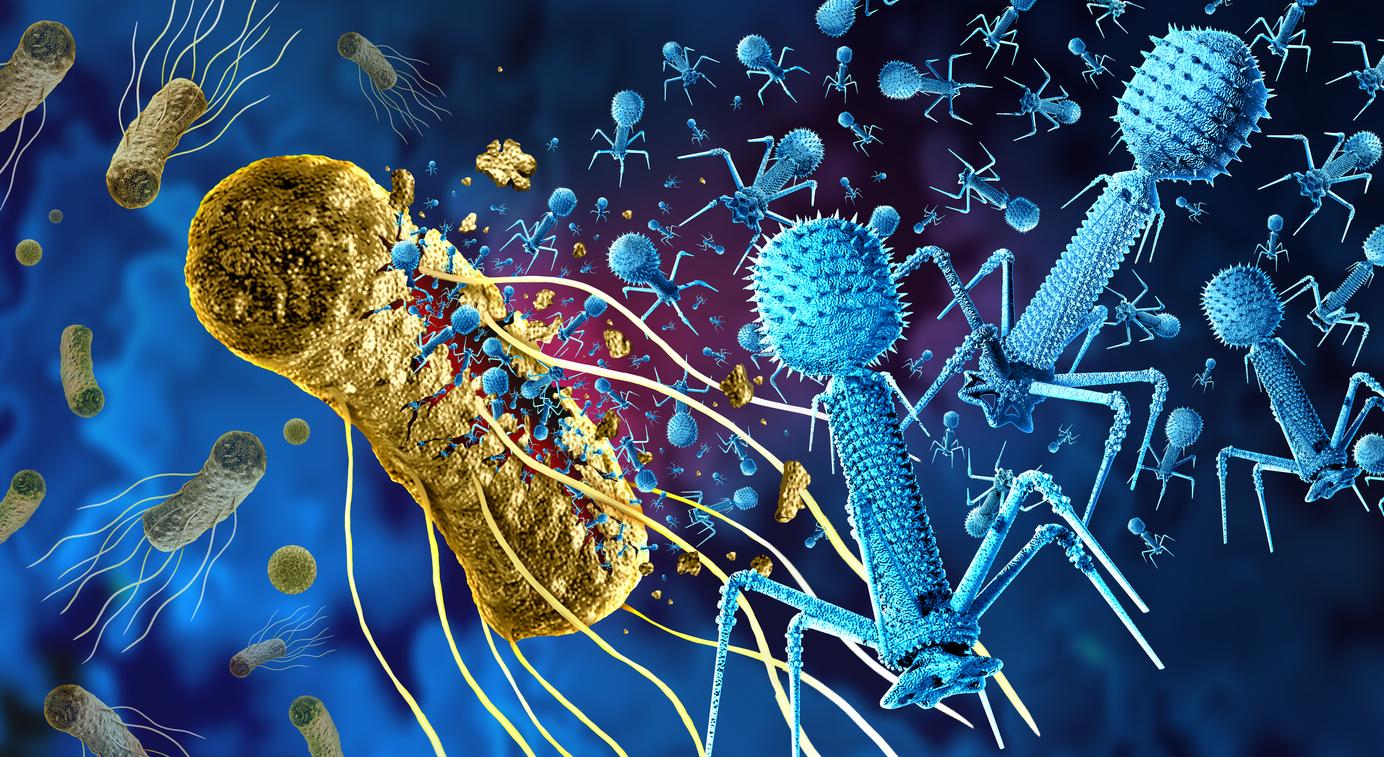A genetically modified bacterium has demonstrated its ability to eliminate a pathogenic bacterium responsible for respiratory infections, “Pseudomonas aeruginosa”, often the cause of nosocomial infections contracted during a stay in a healthcare establishment.
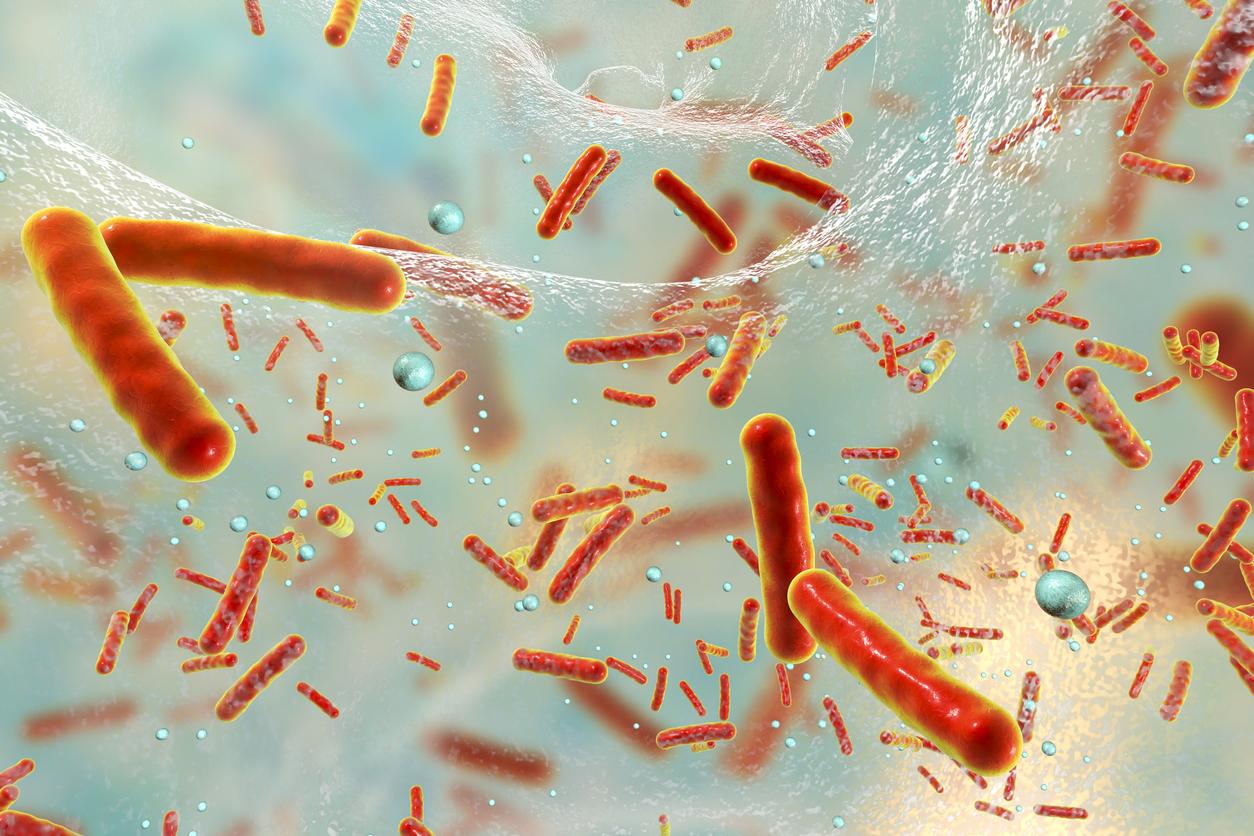
- According to Santé Publique France, 125,000 infections with multi-resistant bacteria were recorded in France in 2015. They were responsible for 5,500 deaths.
- Pseudomonas aeruginosa is an environmental pathogen that can cause infections in the blood, lungs, and other parts of the body.
- According to the CDC, Center for Disease Control, the American organization in charge of public health, this bacterium, resistant to antibiotics, caused approximately 32,600 infections among hospitalized patients and approximately 2,700 deaths, in the United States, in 2017 .
Every year, antibiotic-resistant bacteria cause the death of more than 1.2 million people worldwide. However, Spanish researchers discovered, during a study whose results were published in the journal Nature Biotechnologythat a genetically modified bacterium could be able to destroy its pathogenic cousins that are resistant to antibiotics.
“The treatment acts like a battering ram attacking antibiotic-resistant bacteria”
“Using the mouse as a model animal, scientists demonstrated that using a strain of a bacterium [Mycoplasma pneumoniae] attenuated and genetically modified is able to double the survival rate of an infected host” by Pseudomonas aeruginosaa pathogenic bacterium responsible for lung infections, can we read in the Guardianwho resumed the study in an article relayed by the International mail.
According to Maria Lluch of the International University of Catalonia, Spain, who conducted the study, “the treatment acts like a battering ram attacking the antibiotic-resistant bacteria by making holes in their wall, providing different entry points for the treatment and thus allowing the infection to be eliminated at its source”.
No toxicity in the modified bacteria
The researchers did not identify any signs of toxicity in the modified bacteria, even at high doses. Moreover, “the immune system [s’en] get rid within four days of stopping treatment”add the Guardian. However, these bacteria Pseudomonas aeruginosa not only have the ability to resist antibiotics, they can also form what are called biofilms. Once established in colonies, they secrete a kind of mucus which envelops them and protects them from external aggressions, “thus forming structures impenetrable by antibiotics”writes the British daily.
These biofilms often form on the surface of medical equipment such as tubes introduced into the trachea, which has the effect of causing in nearly one in eight patients a nosocomial illness, following an infection contracted during a stay in a care facility, pneumopathy acquired under mechanical ventilation. The bacteria created by the Spanish researchers also appears to have a detrimental effect on these natural shields.








